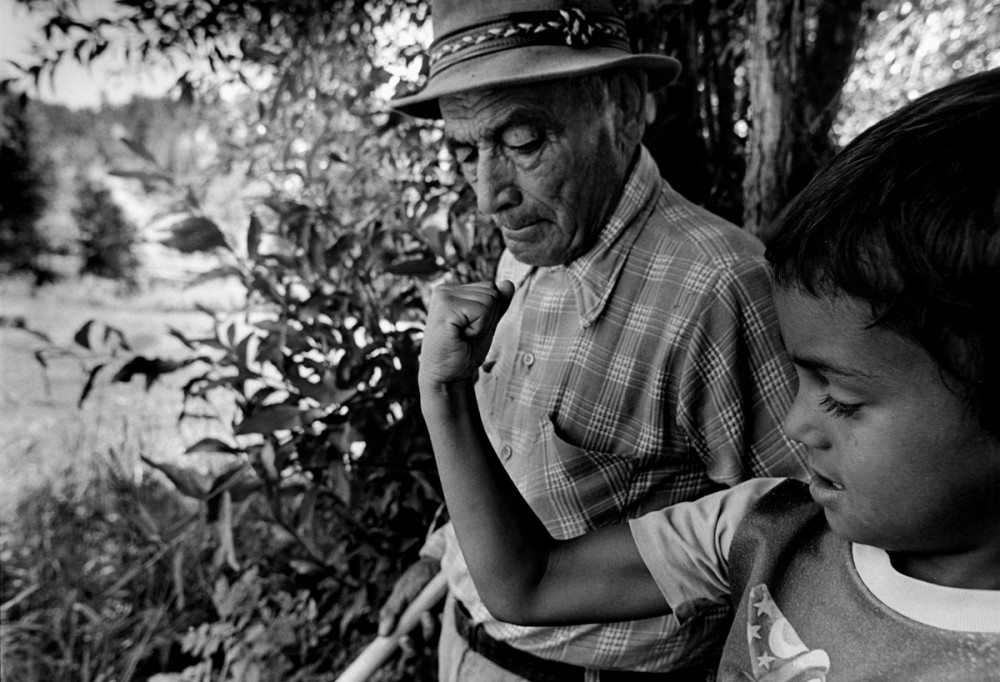
You can say that Jacobo felt the absence of the horse and missed it, in the sense of missing what it did for him. But if he had deeper feelings for the actual horse, he never let on. He had plenty to think about on his own account. He was seventy-nine years old. With the help of the horse he had enjoyed even more mobility and autonomy than any of his contemporaries, even to the point, as Tomás said in his joking way, that he was not just an old man—he was a “caballero.” Now that was in the past. He had a horse no more. He had only what he called his”mulas”—his mules, short for “muletas,” canes.






























